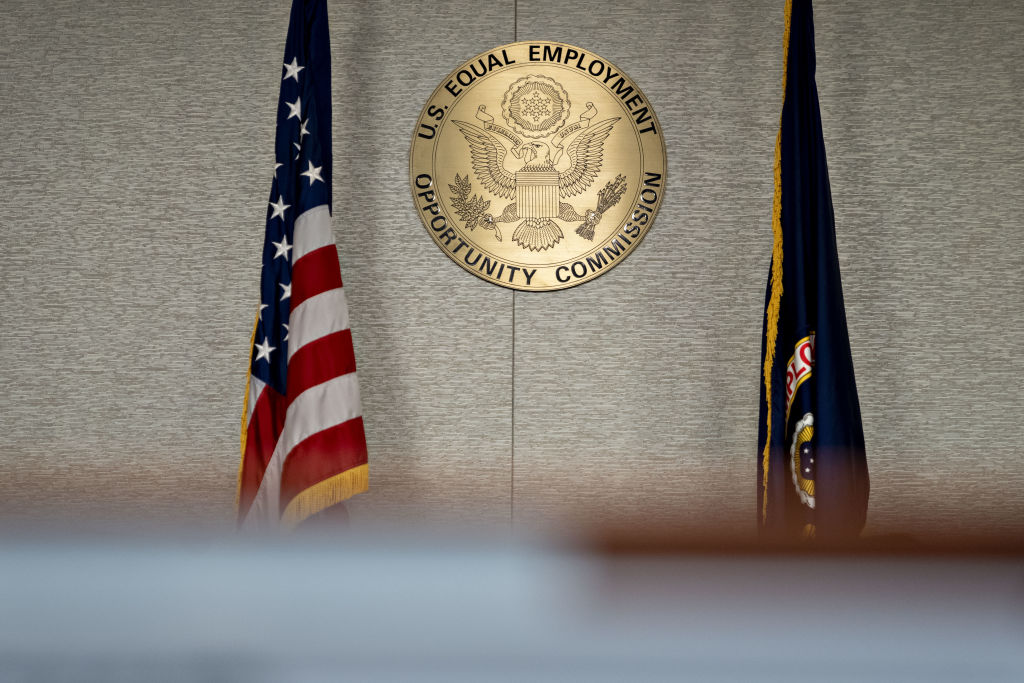Sri Lanka Prepares for Easter Bombing Anniversary amid Ceaseless Protests
Sunday in Sri Lanka will mark the third Easter since Islamic State-affiliated jihadists bombed three churches and three Christian-frequented hotels on the holiest holiday in Christianity, killing over 200 people and injuring hundreds of others.
The events arrive as Sri Lankans take the streets on a daily basis demanding the resignation of President Gotabaya Rajapaksa, his brother Prime Minister Mahinda Rajapaksa, and every government official belonging to the Rajapaksa family oligarchy.
Sri Lanka is currently facing the worst economic crisis in its history, resulting in severe shortages of food, medicine, gasoline, and other basic needs that have prompted needless death, violence, and suffering.
A protest on Thursday night appeared to attract thousands of people singing the national anthem and waving the country’s flag, demanding an end to the current government.
The national anthem sung in the midst of the protest.#SriLanka #SLNews pic.twitter.com/xaNnNMlHgP
— DailyMirror (@Dailymirror_SL) April 14, 2022
Protesters also reportedly stormed the home of recently appointed Agriculture Minister Shantha Bandara on Thursday.
Protesters raided Minister Shantha Bandara’s residence last evening.#SriLanka #SLnews pic.twitter.com/GiQQqhZdNy
— DailyMirror (@Dailymirror_SL) April 15, 2022
The Easter bombings occurred during a brief respite in modern Sri Lankan history in which the president of the country was not a Rajapaksa. A power struggle directly linked to the Rajapaksas, however – then-President Maithripala Sirisena had attempted to oust Prime Minister Ranil Wickremesinghe and replace him with Mahinda Rajapaksa, prompting a major brawl in Parliament in which lawmakers threw chili powder in each other’s eyes – was underway when the attacks occurred. Investigations following the bombings indicated that Sirisena’s government, perhaps distracted by the infighting, ignored a letter from Indian intelligence agents warning that jihadists were planning a major terrorist attack in the country shortly before such an attack occurred.
Terrorists later identified as members of a terrorist organization named National Towheeth Jamath (NTJ), a group that had pledged allegiance to the Islamic State, sent suicide bombers into three churches and three hotels hosting Easter brunches, which attract large crowds of Christians celebrating the occasion. Survivors recalled that, in the churches, the suicide bombers appeared to deliberately detonate their explosives towards the back of the church because this is where parents with young children tend to linger so that, in case the children get fussy, they can dart out of the service without disturbing other worshippers.
“I couldn’t bare to watch burning babies and children,” a survivor identified as Hamza told Sri Lanka’s Daily Mirror at the time.
“I heard the explosions, I saw the bodies, you know — the parts of the bodies, legs and hands and all,” Father Neville Fernandom present at the targeted St. Sebastian’s Church in Negombo, told Breitbart News in 2019. “I was just trapped in the middle of the church, I could not do anything.”
The Sirisena government responded to the attack by banning the burqa, a fundamentalist Islamic full-body covering for women, and engaging in mass deportations of Muslims.

People shout slogans during an ongoing anti-government demonstration outside the president’s office in Colombo on April 15, 2022, demanding the resignation of President Gotabaya Rajapaksa over the country’s crippling economic crisis. (JEWEL SAMAD/AFP via Getty Images)
Sri Lanka is a religiously diverse country in which about 70 percent of the population identifies as Buddhist, with significant Christian, Muslim, and Hindu minorities. While Christians in the community only demanded justice for the killed, the Buddhist majority responded to the bombings with mob attacks on mosques and businesses believed to be owned by Muslims. One prominent Buddhist monk, Asigiri Chapter Prelate Warakagoda Sri Gnanarathana, suggested Muslim women should be “stoned to death.”
President Gotabaya Rajapaksa addressed the upcoming anniversary on Tuesday, vowing justice for those affected.
“The tragic experience of the brutal Easter Sunday attack that happened three years ago continues to resonate in our minds. Therefore, I affirm that our government is committed to ensuring justice to all the victims of the Easter Sunday attack and enforcing law against all the responsible parties, by means of due and proper investigations,” Rajapaksa said in his annual Easter message.
Rajapaksa’s message arrived as discontent and calls for his resignation grow in the country. Protesters have turned their outrage towards the Easter bombings in addition to the sprawling economic crisis. The nation’s defense secretary, Kamal Gunaratne, answered to complaints this week that the Rajapaksa government, while not in power during the attacks, has done nothing to further secure the country in the event of a future attack.
“Denying claims by certain elements that investigations into the Easter attack are not being executed appropriately he said that the government and the relevant security agencies have taken all necessary actions and continue to do so concerning the investigations on this terrorist act,” Sri Lanka’s News 1st reported on Wednesday. Gunaratne added the government had arrested 735 people since the attacks happened in relation to them and filed 27 cases against 79 people.
Reverend Father Cyril Gamini Fernando, a representative of the Catholic Church, objected to Gunarathne’s defense of the Rajapaksa government on Thursday.
“First of all, what is the moral right that Mr. Kamal Gunaratne has as a public servant to protect political leaders from allegations regarding this Easter attack?” Fernando asked.

Protesters take a selfie with the message “Go home Gota” in the background during a demonstration against the economic crisis at the entrance of the president’s office in Colombo on April 13, 2022. (ISHARA S. KODIKARA/AFP via Getty Images)
Fernando also attacked the government for not acting to prosecute high-ranking government officials later revealed to have been privy to Indian intelligence of a forthcoming jihadist attack.
“If the assistance of international intelligence agencies had been sought to find out the truth about the Easter attack, why not take action with the assistance of the Indian intelligence service,” the clergyman asked, “which had initially warned about the attacks and passed on specific information to (former SIS chief) Nilantha Jayawardena?”
A famous Sri Lankan cricketer, Dhammika Prasad, joined the cause on Friday, announcing a 24-hour hunger strike to demand justice for the victims of the Easter bombings.
Sri Lanka’s lawmakers organized a “select committee” in 2019 to investigate the attacks and explore if the Sirisena government could have prevented them. The committee revealed in May of that year that Indian officials had warned that the Islamic State was interested in killing Christians in Sri Lanka.
“A letter was received by my office on April 7 issued by the SIS, titled ‘Information of an alleged plan of attack’ which contained details of a possible bomb threat,” former Sri Lankan State Intelligence Service (SIS) head Sisira Mendis told the committee. “It was a Sunday and when I reported to work on Monday morning (April 8) I read it and was seeking a chance to talk about it with Defense Secretary.”
The defense secretary at the time, Hemasiri Fernando, resigned shortly after the attacks.
Follow Frances Martel on Facebook and Twitter.
" Conservative News Daily does not always share or support the views and opinions expressed here; they are just those of the writer."





